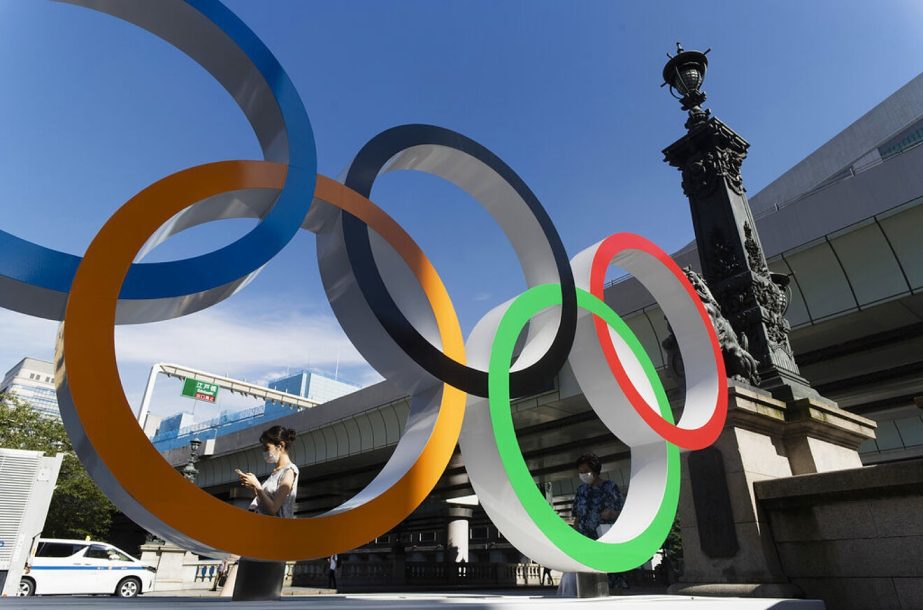
UNB, Dhaka :
It will take something much more nuanced than those basic notions to assess the pandemic-delayed Tokyo Olympics when they wrap up Sunday as the response will be twisted by dozens of parties with their interests.
There is the International Olympic Committee (IOC). The 11,000 athletes. The Japanese organising committee. The Japanese public. The absent fans.
Just getting through it will be cast as a success by many. This may be the spin no matter what happens, particularly for the IOC, its broadcast partners and Japanese media. A half dozen newspapers in Japan are domestic sponsors and have a vested interest in portraying the Games positively.
The more the focus is on the sports – and off politics, costs, corruption and Covid-19 – the better it is for the Switzerland-based IOC.
Pushing on with the Olympics after the postponement – and during the pandemic – has hurt the IOC’s reputation in Japan. Kaori Yamaguchi, a former bronze medalist and a member of the Japanese Olympic Committee, said a few months ago that she was shocked to find the IOC operated primarily as an “entertainment” business.
The IOC generates almost 75% of its income from the sale of broadcast rights. Another 18% is from sponsors. Estimates suggest that cancelling the Tokyo Olympics might have cost the IOC $3 billion to $4 billion. About 40% of the IOC’s total income is from one source – NBC.
However, the chaotic runup to the Olympics has also exposed corruption, misogyny and bullying in Japan, undermining success even before the Games began.

Tsunekazu Takeda, who led the Japanese Olympic Committee, resigned in a scandal 2 1/2 years ago tied to bribery allegations surrounding the IOC vote in 2013 to award the Games to Tokyo. Yoshiro Mori, a former prime minister, was forced out six months ago as the head of the organising committee for making demeaning comments about women.
And on the eve of the opening ceremony, its director resigned for comments about the Holocaust, and a composer stepped away after acknowledging accusations of bullying. That came months after the creative director resigned for derogatory comments – again about women.
Barbara Holthus, a sociologist at the German Institute for Japanese Studies, said the embarrassments may raise awareness and prompt change in Japan, a largely homogenous, island nation that nevertheless named mixed-race Naomi Osaka to light the cauldron in the opening ceremony.
Unfortunately for Osaka and the lift she might have given Japan, she lost in the third round of the tennis tournament to French Open finalist Marketa Vondrousova.
“The Japanese economy and Japanese people are the big losers here,” Barbara said. “However, if these nods to sustainability, diversity and inclusion stick and bring about significant change, then that would be great for Japanese society. But this cannot be evaluated right after the Games and probably continues to be a slow process.”
David Wallechinsky, one of the world’s best-known Olympic historians, said these Games will be evaluated like all the rest – by the medal count.
“Every nation is going to judge it by how well their athletes did, just like any other Olympics,” he said. “If the US wins 50 gold medals – they will not – nobody in the US is going to talk about the pandemic. Because in the end, that is what it is all about – the medals.”
Wallechinsky said just getting out of Tokyo in one piece will please the IOC. But there is more trouble ahead with the boycott-threatened Beijing Olympics.

